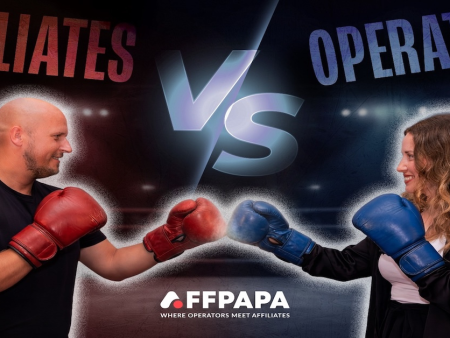
Kalshi, the federally regulated prediction exchange, has achieved a new milestone as its sports-related markets experienced unprecedented trading volumes, surpassing even the activity seen during a U.S. election day.
The surge was primarily driven by a packed football schedule on Saturday, September 27th, which saw the platform register a staggering $260 million in trading volume across 763,000 trades.
The company’s rapid expansion into sports has been a strategic focus over the past year. Kalshi has actively filed with the Commodity Futures Trading Commission (CFTC) to self-certify innovative parlay-style event contracts tailored for the football season.
These products, which allow users to combine multiple outcomes, are designed to mirror traditional sportsbook wagers while operating under federal event contract regulations.
This framework allows Kalshi to offer its services in all 50 states, a significant advantage over state-licensed sportsbooks. This nationwide accessibility is positioned as a safer, federally supervised alternative to the unregulated offshore betting market.
This strategy has resonated strongly with users, leading to record-breaking liquidity and engagement. The platform has attracted both casual fans and professional traders, with the latter reportedly establishing six-figure positions, underscoring the depth of Kalshi’s order book.
Since its launch in 2019, the exchange has processed approximately $9 billion in trades and has grown its user base to around three million.
However, Kalshi’s meteoric rise is not without significant challenges. The company faces mounting public and regulatory opposition that questions the nature of its products.
A recent survey conducted by the American Gaming Association (AGA) revealed that 85% of Americans perceive prediction markets as a form of gambling rather than financial instruments. Furthermore, 84% of respondents believe that such sports-related contracts should be regulated by state and tribal authorities, not federal commodity regulators.
This sentiment is echoed in legal and regulatory arenas. Lawsuits have been filed in Wisconsin and California, arguing that Kalshi’s event contracts constitute sports betting and thereby violate tribal gaming compacts. Concurrently, federal bodies are increasing their scrutiny.
The CFTC and the Securities and Exchange Commission (SEC) are scheduled to hold a joint roundtable on September 29th to discuss event contracts and address potential gaps in regulatory oversight. Major sports leagues have also expressed concerns, urging regulators to implement stricter rules to protect the integrity of their games.
Despite the escalating pressure, Kalshi’s leadership remains focused on expansion, citing the immense user demand as validation of its model.
The company’s ambition is to continue its exponential growth, but its future success will ultimately depend on navigating the complex legal challenges and the intensifying debate over the regulation of prediction markets in the United States.
Tarek Mansour, Co-founder and CEO of Kalshi:
Kalshi has done $441m of volume since NFL kickoff. That’s $441m in volume in 4 days. NFL week 1 is basically equal to a US election. We keep marching. Sports traders, especially professionals, are trading with significant size on Kalshi, amassing six-figure positions made possible by our liquidity.
He then added:
For the first time ever, sports fans all over the country have a level playing field, and we are still in the top of the first inning. This weekend alone, we did well over $100M. Now, we’ll work to 10x that number.
Bill Miller, President of the American Gaming Association (AGA):
Americans are clear: sports event contracts should be treated like other forms of sports betting and fall under state and tribal regulatory authority, not federal commodities regulators.





